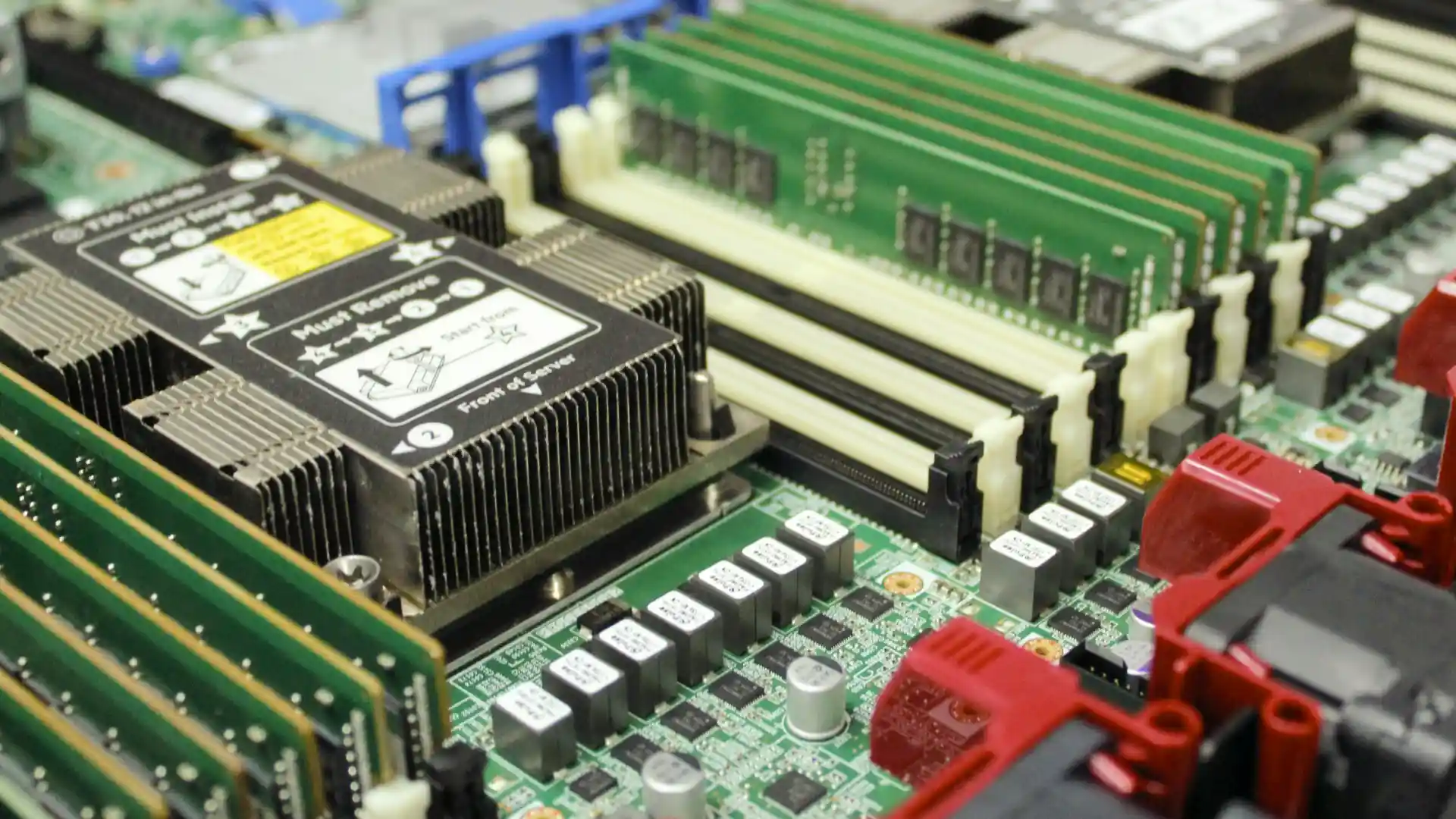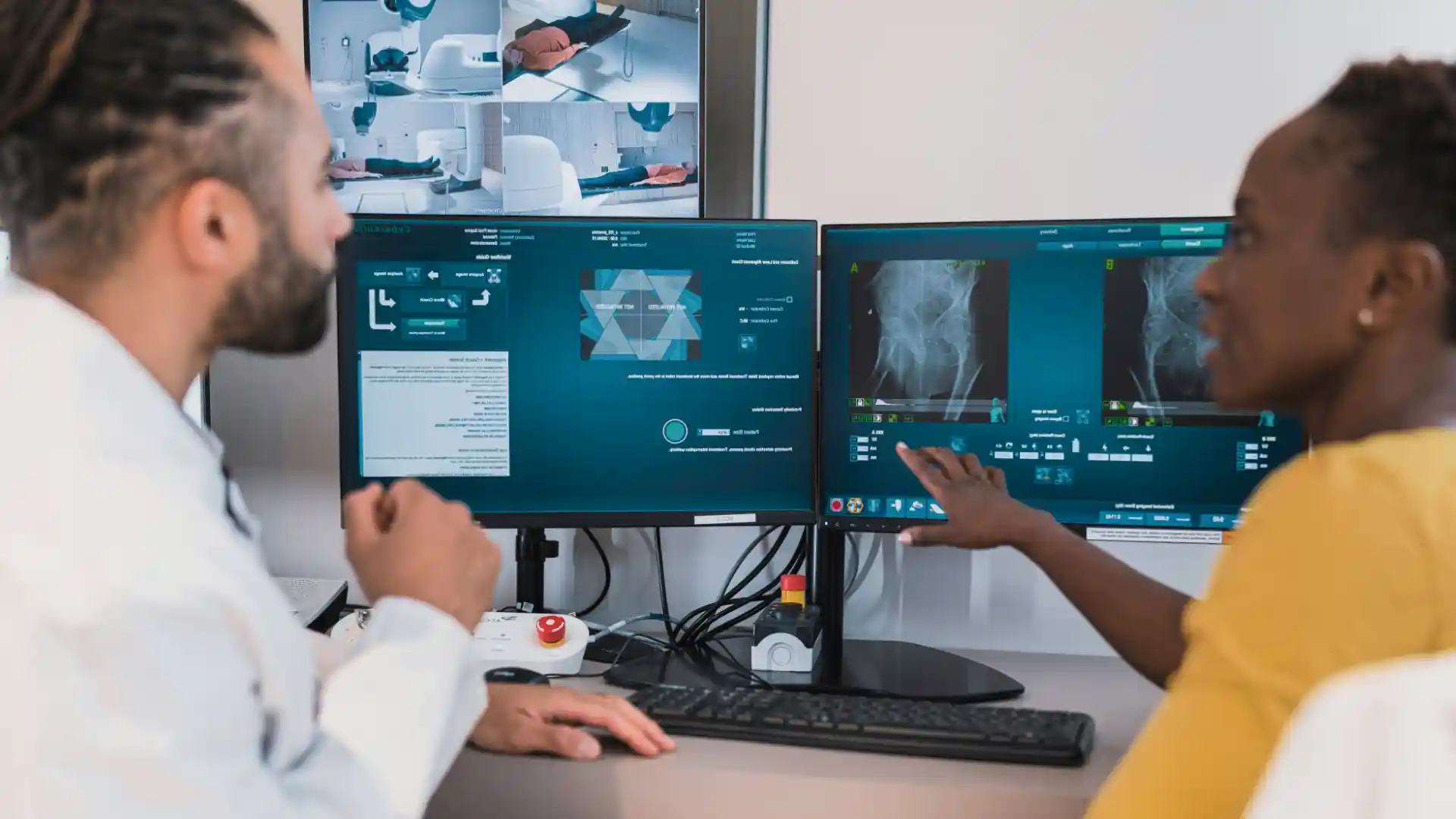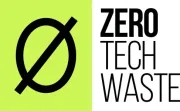In this article
The benefits to the circular economy
As reported by The Guardian, unused tech in UK households alone could contain up to £266 million worth of recoverable metals. Among the most valuable are copper and gold, which are essential to a wide range of industries — particularly green energy production. It’s estimated that 7% of the world’s gold is currently locked away in e-waste, and by 2033, we could face a global copper shortage of 6.5 million tonnes. With e-waste projected to increase by 32% by 2030, it’s becoming increasingly important to recover these finite and critical resources.
Urban mining:
- Reduces the environmental impact of traditional mining
- Conserves natural resources
- Increases national and regional resource independence
- Creates skilled job opportunities
- Sparks new business models and stimulates the economy
Urban mining is also a cornerstone of the circular economy — widely considered the gold standard in waste prevention. It works by designing out waste and pollution, keeping products and materials in use, and regenerating natural systems. Many countries, including the UK, are now adopting circular economy models to meet both environmental and economic objectives.
It’s also worth noting that even recovering a small percentage of materials through urban mining can have a substantial environmental benefit. Traditional mining is responsible for widespread ecosystem destruction, habitat loss, and pollution. The intensive use of chemicals, coupled with air, soil, and water contamination, makes it one of the most environmentally damaging industries on the planet.
What are the roadblocks?
In 2020, the first study identifying barriers to urban mining was published. It listed six main dimensions of urban mining, along with 18 underpinning factors. Five years on, significant improvements have been made to many of these factors, including major steps in:
- Legal and legislative areas — particularly government support, producer responsibility, and clearer rules and regulations
- Technological advancements
- Business and managerial dimensions, focusing on reducing waste mismanagement and improving product design for circularity
However, initial setup costs and logistical/supply chain challenges remain two of the biggest hurdles, with little to no significant improvement in these areas over the past five years. That said, progress made in other areas may be starting to influence these challenges positively.
Although high setup costs are an ongoing issue in urban mining, some companies — such as The Royal Mint — have chosen to absorb these costs to launch their own operations. In 2024, the BBC reported that The Royal Mint began processing e-waste to extract gold for use in craft jewellery and commemorative coins. While the Mint cited environmental and sustainability goals as motivations, improvements in regulation and recycling technologies may have also positively influenced their decision.
There is still considerable work to be done in logistics and supply chain management. In recent years, more e-waste recycling companies have started collecting unwanted tech from businesses, and councils have been trialling various household e-waste collection methods. These efforts don’t necessarily involve urban mining, but they represent an important first step toward enabling it.
The future
Although the term “urban mining” is still relatively unknown to many, growing government focus and increased awareness of the circular economy will likely bring it into the spotlight. Whether recognised by name or simply understood as part of a circular economy, urban mining is something that society is increasingly working toward in today’s eco-conscious world.
Special thanks to Max Johnston a student at the University of Bath, Business for reviewing the content of this article.
IT recycling advice for businesses
Read the latest posts offering helpful information to UK businesses on what to do with obsolete IT equipment.
-

IT recycling in the education sector
Learn why IT recycling is critical in the education sector, including data protection, WEEE compliance, cost savings,…
-

Recycling servers and how they can initiate a circular economy in the UK
To realise this potential, it’s essential that decommissioned servers—from businesses migrating to the cloud and from outdated…
-

The importance of secure data destruction when recycling IT equipment in the Healthcare sector
Secure data destruction is vital for healthcare organisations when recycling IT equipment. This article explains the risks,…



